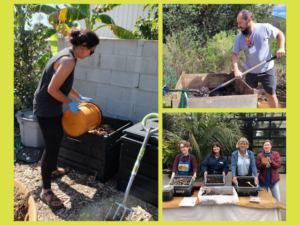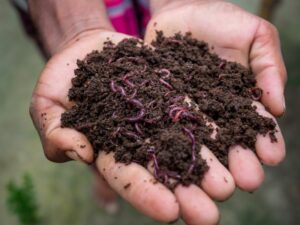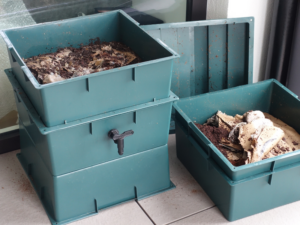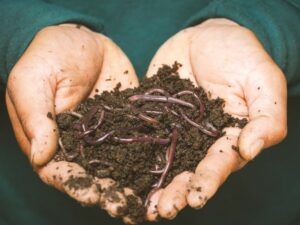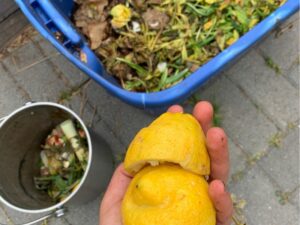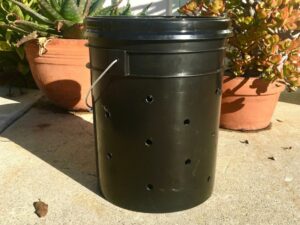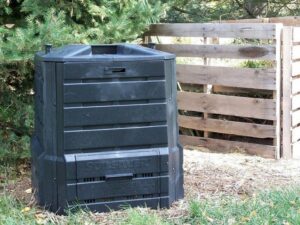Worms
Traditional Composting, Vermicomposting, and Bokashi: What’s the Difference?
Through our educational outreach, Solana Center strives to present our community with a range of options for diverting their food waste and creating healthy soil through composting. But sometimes, when presented with many choices, we can be left wondering, “What’s the right method for me?” In this article, we’ll explore some common composting practices to…
Read MoreWhich Composting Method is Right for You?
Have you ever wondered “what is the best composting method for me?” There are many options for how to personally deal with food waste and a lot of different factors to consider. Not everyone is ready to jump in headfirst with a pile or a worm bin (but if you are more power to you!)…
Read MoreComposting Success Story: Melody Plan
Master Composter Melody Plan shares her inspiration for her new children’s book Inside the Compost Bin.
Read MoreClimate Solutions: Worm Bedding
Question: Why do I need bedding in my worm bin? Is it okay if I just give the worms my food scraps? Answer: Bedding, which can be made of shredded paper, coconut coir, cured manure, or dry leaves, is an absolute necessity in your worm bin. Supplying your wiggly workers with bedding has a number…
Read MoreClimate Solutions: What Is the Right Moisture Content for My Worm Bin?
Moisture content is very important when composting with worms. This is because your red wigglers breathe through their skin and need appropriate moisture to do so. Often times the materials you add will give your bin moisture, but you will likely still need to add water to obtain the appropriate amount (especially with warmer weather).…
Read MoreClimate Solutions: Is Ink Bad for Worms?
Question: May I add shredded mail and computer paper to my worm and garden compost bins? Are the inks toxic? Answer: That is a frequently asked question, thanks for bringing it to the blog! The inks used today in newspapers, boxes etc. are non-toxic and are readily broken down through composting. However, the see-through address…
Read MoreClimate Solutions: What should I do with my worms while on a trip?
Question: “What should I do with my worms while on a trip?” Answer: Depending on the length of your trip, you will likely not need to do anything at all. Even a new population of worms only needs to be monitored every few days to assess how much food was eaten, moisture levels, and whether they need…
Read MoreComposting worms don’t like citrus or spicy foods – here’s why!
If you have a worm bin at home you may already know that red wriggler composting worms have a big appetite. Some would say that the way to a worm’s heart is through their stomach! But just like humans, worms have food preferences and favorites. As a general rule, scraps that you would normally put down the…
Read MoreDIY: How to build your own in-ground worm bin
An in-ground worm bin is an alternative to multi-layer worm bins that sit above ground level. Though an in-ground bin can be made from various materials, a simple and cost-effective bin can be made with a 5-gallon bucket; we’ll share how in this tutorial in a few simple steps! In-ground worm bins have a number…
Read MoreCompost Bin Discounts and Vouchers
Looking to start composting at home? Many jurisdictions throughout the San Diego region offer discount programs for their residents. Your eligibility for discounted bins will depend on what jurisdiction you live in. It is important to check your exact address, because you may not necessarily live in the city listed in your address, e.g. a Vista address…
Read More
